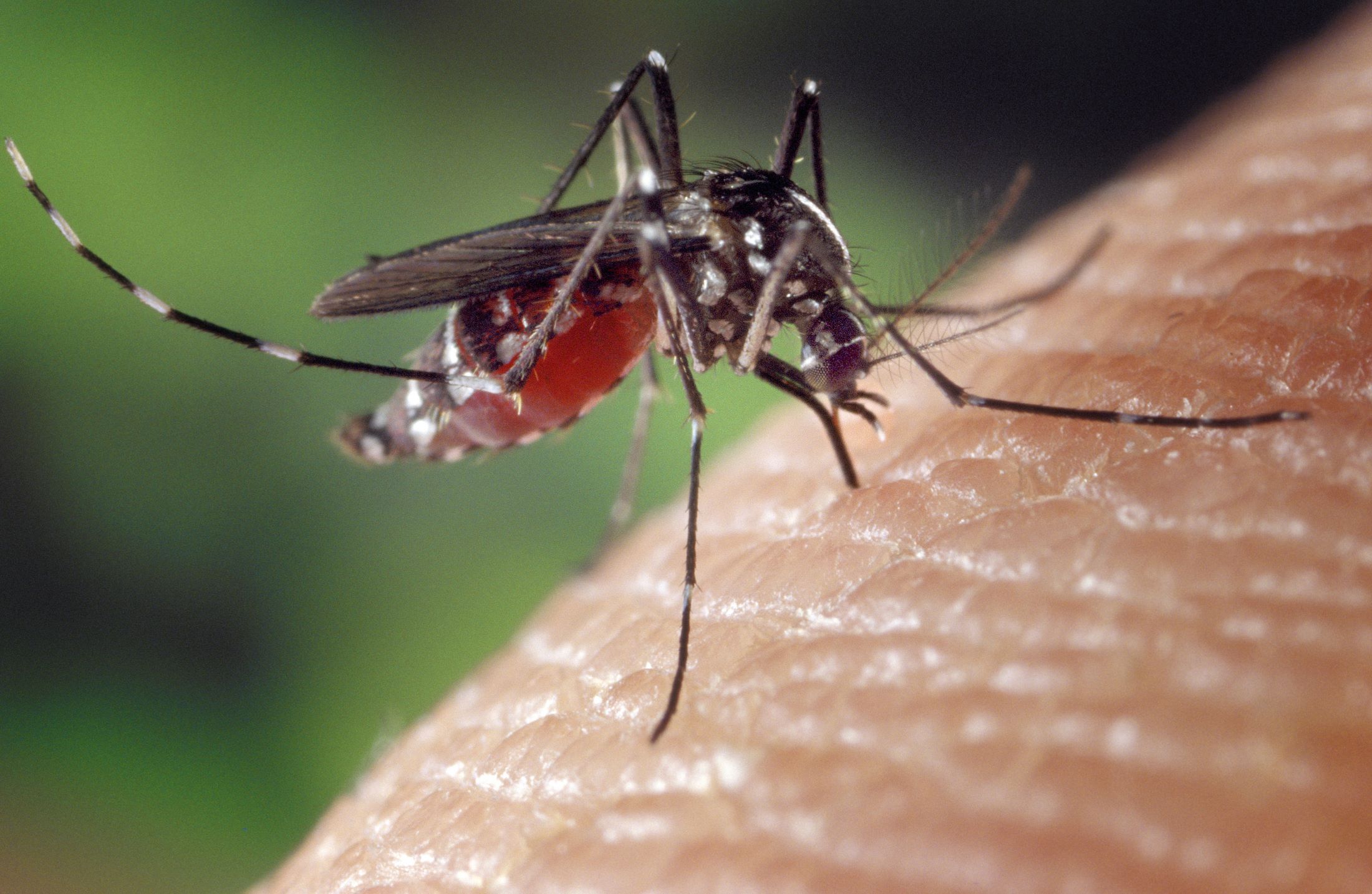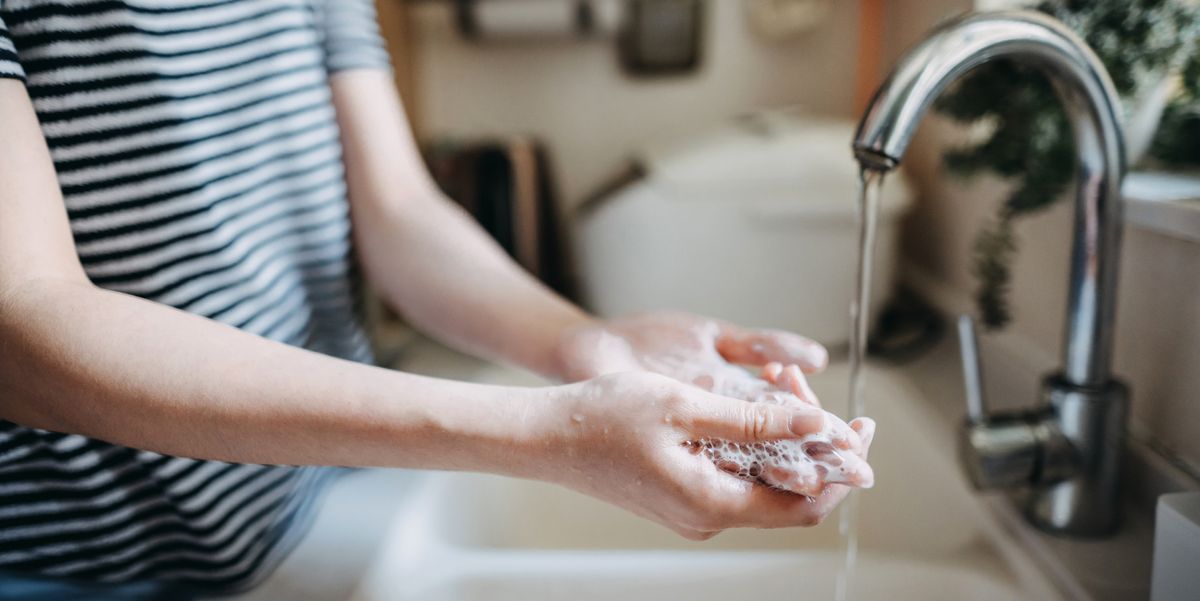Mosquitoes and humans share an unexpected common interest: a preference for certain types of soap.
In a recent study, scientists have discovered that female blood-sucking mosquitoes are attracted to specific soap varieties commonly used by people, while they are repelled by others, although the outcomes can sometimes be surprising.
These findings hold promise for developing more effective mosquito repellents in the future.
Mosquitoes pose a significant threat to humans due to the numerous diseases they can transmit, resulting in upwards of a million deaths annually from illnesses such as malaria.
However, mosquitoes do not target all individuals equally. According to Clément Vinauger, a biochemist and geneticist at Virginia Tech and the study’s author, approximately 20% of potential human hosts are responsible for about 80% of mosquito-borne disease transmission in any given area.
“In this context, understanding why mosquitoes are more likely to bite certain individuals is crucial,” Vinauger explained.
Previous studies have focused on identifying chemicals in human body odor that attract mosquitoes.
Yet, there has been less research on how scents from externally applied products, like soap, influence mosquito attraction. While female mosquitoes are well-known for feeding on animal blood, they also consume nectar, similar to male mosquitoes.
This dual diet raises the possibility that scents commonly found in soap could alter their feeding preferences.
“We tend to add chemicals to soap that mimic the pleasant scents of flowers and plants. However, mosquitoes also use plant-emitted compounds to locate sources of nectar,” Vinauger elaborated.
“Therefore, we hypothesized that incorporating these chemicals into body odor might affect mosquito attraction in various ways, a hypothesis that required experimental validation.”
To test their hypothesis, the researchers enlisted four human volunteers. Initially, they identified the distinct odor profile of each volunteer.

Subsequently, the volunteers washed with four different soap brands: Dial, Dove, Native, and Simple Truth. Afterward, female Aedes aegypti mosquitoes—known for transmitting diseases—were exposed to fabrics worn by the volunteers both before and after washing.
The results revealed noticeable differences in mosquito attraction before and after soap use, albeit varying among the brands and individuals.
“Our key findings indicate that soap application significantly alters body odor by introducing numerous plant-derived chemicals into the odor profile,” Vinauger remarked.
“Moreover, our study underscores the critical interaction between specific soap chemicals and individual body odors in determining whether a person becomes more or less appealing to mosquitoes following soap use.”
Interestingly, mosquitoes exhibited increased attraction to the scent of some volunteers after they washed with Dove and Simple Truth soaps, whereas the scent of volunteers who used Native soap tended to repel mosquitoes more consistently.
Furthermore, the researchers pinpointed certain chemicals in these soaps that appeared to be particularly responsible for either attracting or repelling mosquitoes.
Notably, a coconut-scented chemical emerged as the most effective in deterring mosquitoes. These findings were published in the journal iScience on Wednesday.
Despite the promising results, this study is based on a small sample size, necessitating cautious interpretation until further replication is achieved.
Additionally, the study did not investigate another critical factor in mosquito attraction: carbon dioxide exhaled by humans.
Nevertheless, the researchers aim to secure funding for larger studies that encompass a broader range of soaps and participants, while addressing additional pertinent questions such as the duration of soap-induced effects.
If future research corroborates these findings, it could pave the way for developing mosquito-resistant soaps and other valuable applications.
“Continued research in this area could potentially inform the cosmetic industry about specific chemical combinations that produce soaps which are pleasant to humans yet repel mosquitoes,” Vinauger emphasized.
“Understanding the chemical mechanisms underlying these effects could also guide the development of baits to attract and trap mosquitoes for control purposes.”
